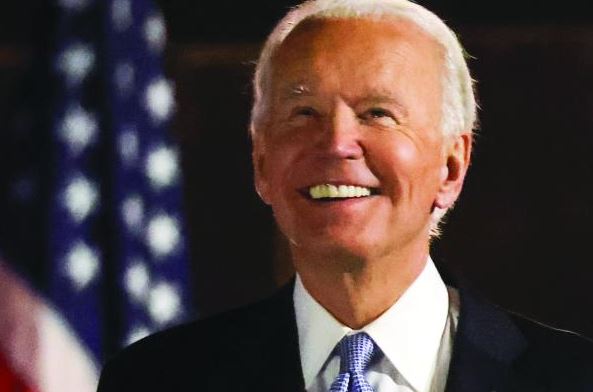×
The Standard e-Paper
Kenya’s Boldest Voice

President-Elect Joe Biden in Wilmington, Delaware, U.S. [Reuters]
As the year of Covid-19, 2020, comes to an end, serious geopolitical realignment is taking place at regional and global levels. It gave countries hard times and exposed their inability to deal with forces beyond themselves. As each struggles to protect perceived interests, inadequate response capabilities partly relate to incompetence.